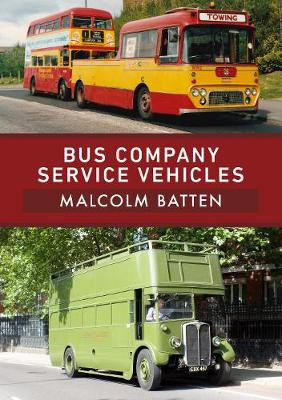In the days before privatisation, many bus companies adapted old buses for a variety of specialist uses as service vehicles. Using the skills and ingenuity of their workshops, buses might become, among other things, stores vans, tree loppers or uniform stores. Trolleybuses may have been converted to tower wagons to maintain the overhead wires. Some bus operators converted old buses to towing lorries to rescue broken down vehicles. Others preferred ex-military trucks such as the AEC Matador. These came with somewhat austere cabs, but here again the body shop would often come up with a custom-built body using various bus parts. Buses would also be adapted to serve as information offices or publicity buses, promoting such things as holiday tours or special ticket offers. Since privatisation, such practices have died out for a variety of reasons. Expensive, in-house workshops have largely been closed. Construction and Use Regulations have been tightened up. Emissions zone restrictions may limit the use of older less clean engines in city centres. Furthermore the modern low-floor rear-engine buses are probably less suited to such conversions. Companies will use the services of specialist commercial bus and truck rescue services rather than retaining their own towing vehicles. This book looks at a variety of service vehicles from around the country over the last fifty years, including examples that have survived into preservation.
About the AuthorBorn in 1952, Malcolm Batten has lived in East London all his life, and has always had an interest in the local transport scene and the history of Newham. After a boyhood of trainspotting, he started taking photographs in 1969. Since then he has recorded the local buses and railways, in an area which has seen enormous change.
Book InformationISBN 9781398104747
Author Malcolm BattenFormat Paperback
Page Count 96
Imprint Amberley PublishingPublisher Amberley Publishing
Weight(grams) 284g







